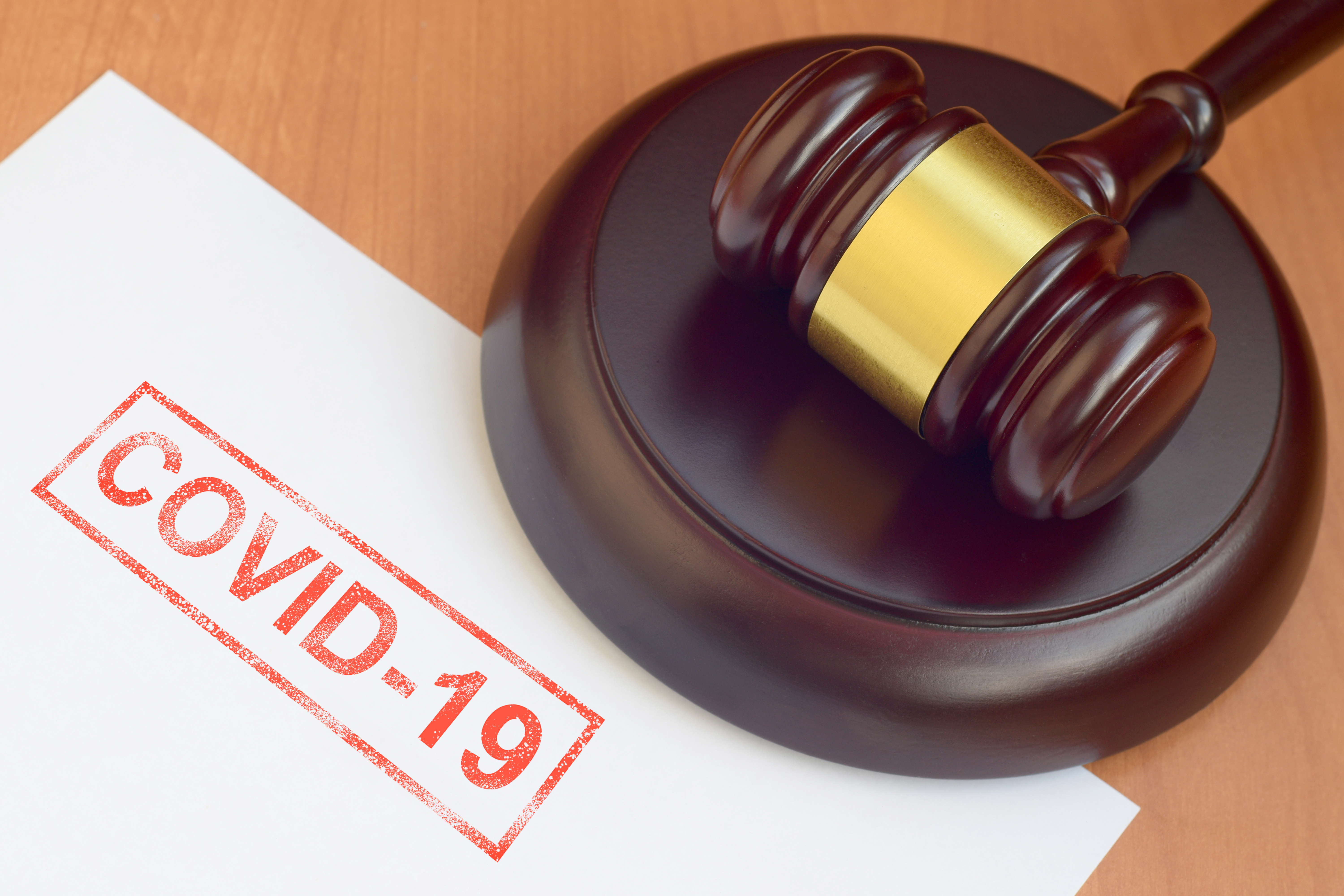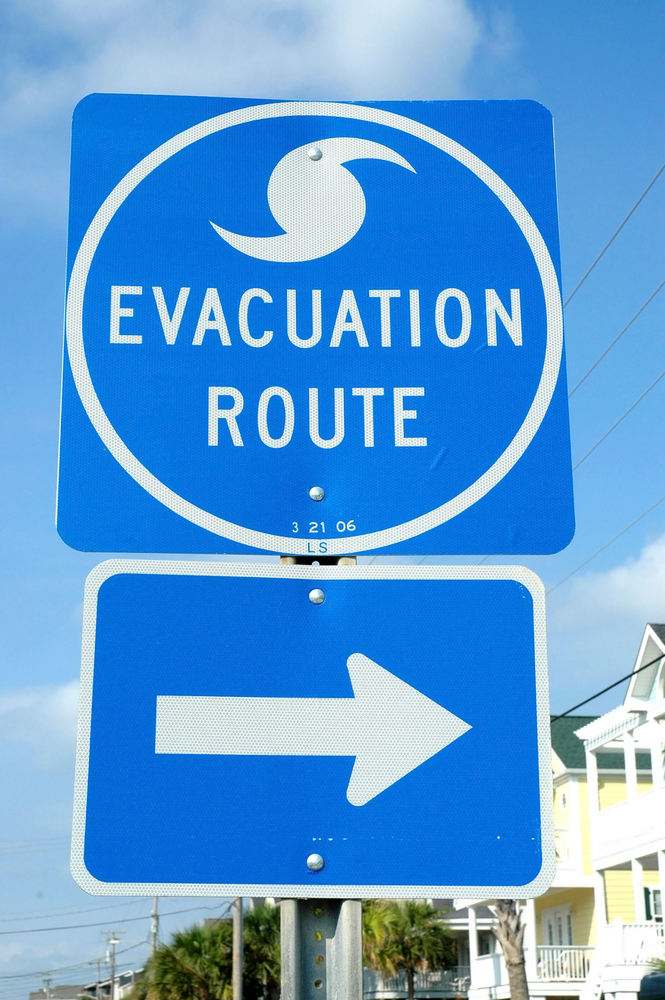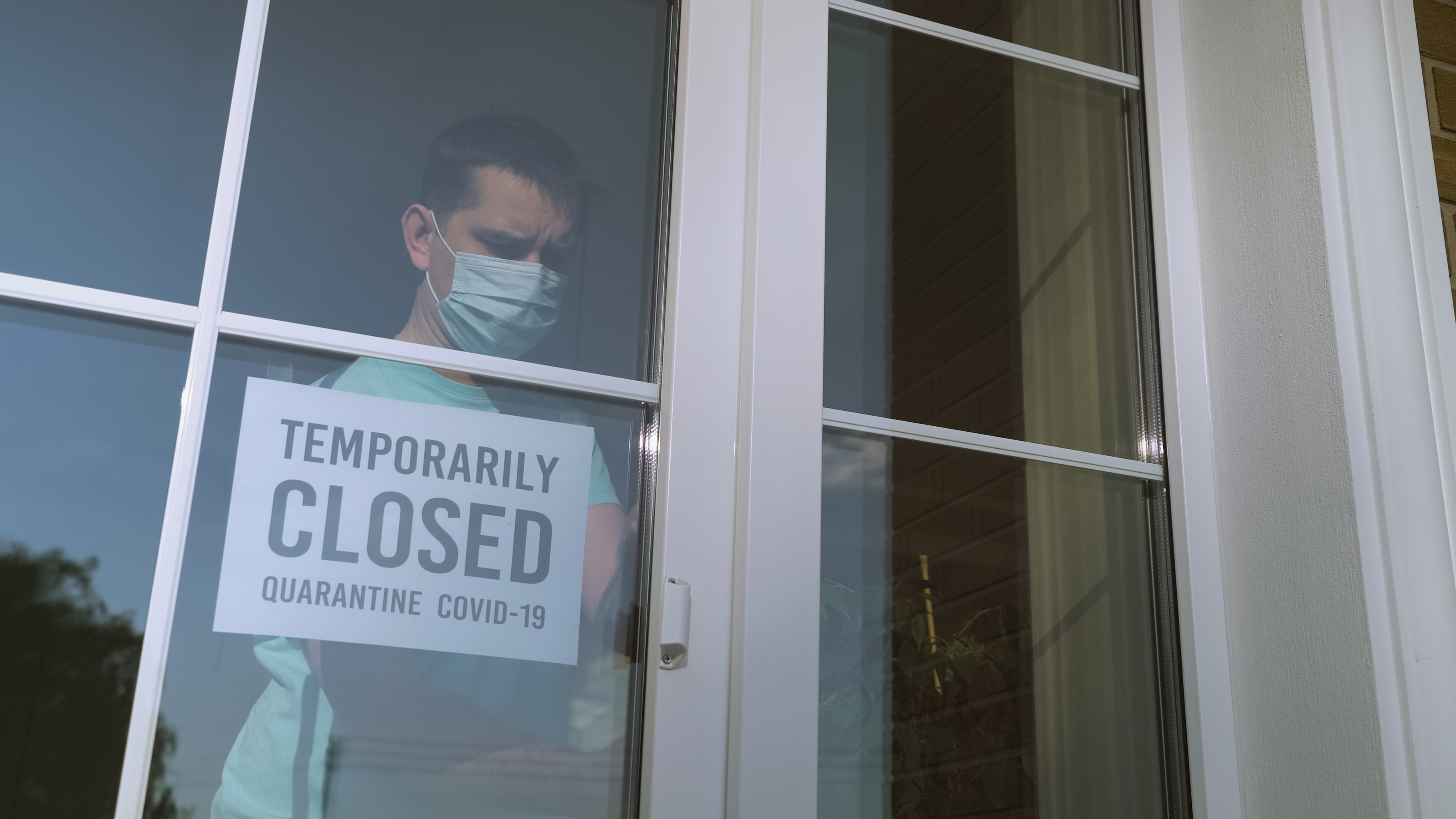
In MAve Hotel Investors LLC d/b/a The MAve Hotel, et al. v. Certain Underwriters at Lloyd’s, London, et al., 2024 WL 2830909, (S.D.N.Y. 2024), to preserve diversity jurisdiction, the United States District Court for the Southern District of New York permitted a plaintiff insured to drop non-diverse, dispensable defendant Underwriters at Lloyd’s, London (“Underwriters”) which subscribed to a commercial property insurance policy. About The Authors








